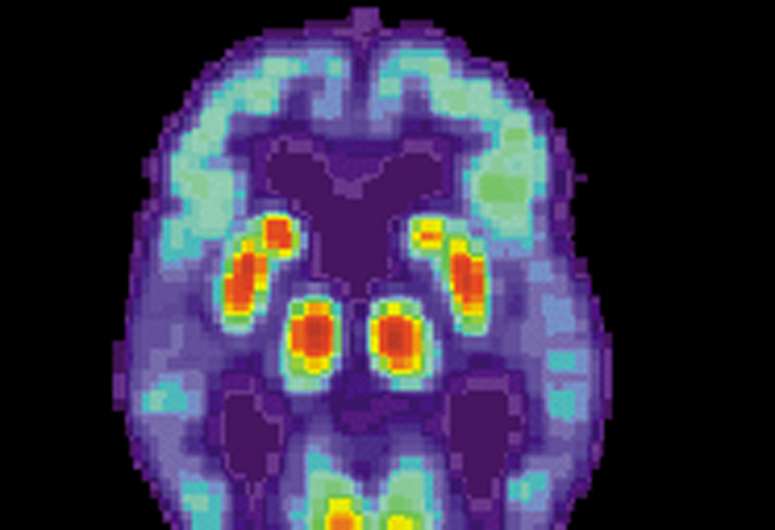Role of sleep-related brain activity in clearing toxic proteins and preventing Alzheimer's disease

Evidence of sleep-dependent low-frequency (<0.1 Hz) global brain activity in the clearance of Alzheimer's disease-related toxin buildup is presented in research published on 1st June 2021 in the open access journal PLOS Biology by Xiao Liu and colleagues at The Pennsylvania State University. This neuronal activity was more strongly linked with cerebrospinal fluid flow in healthy controls than higher risk groups and patients, and the findings could serve as a potential imaging marker for clinicians in evaluating patients.
The development of Alzheimer's disease is believed to be driven by the buildup of the toxic proteins amyloid-β and tau in the brain. The brain's glymphatic system plays a crucial role in clearing these toxins and previous work has shown a possible relationship between sleep-dependent global brain activity and the glymphatic system by showing this activity is coupled by cerebrospinal fluid flow essential for the glymphatic system.
Using 118 subjects in the Alzheimer's Disease Neuroimaging Initiative project, the researchers measured this global brain activity and cerebrospinal fluid flow as well as looking at behavioral data. Individuals underwent resting-state fMRI sessions two years apart, and the team compared their findings with neurobiological and neuropsychological markers related to Alzheimer's disease, such as levels of the toxic protein amyloid-β.
The strength of the connection between brain activity and cerebrospinal fluid flow was weaker in individuals at a higher risk or who had already developed Alzheimer's disease. Additionally, this weaker connection was associated with higher levels of amyloid-β and disease-related behavioral measures two years later. This suggests an important role for sleep-dependent global brain activity in the clearance of brain waste, and its connection to cerebrospinal fluid flow could be helpful as a future marker for clinical evaluation.
Dr. Liu adds, "The study linked the coupling between the resting-state global brain activity and cerebrospinal fluid flow to Alzheimer's disease pathology. The finding highlights the potential role of low-frequency (<0.1 Hz) resting-state neural and physiological dynamics in the neurodegenerative diseases, presumably due to their sleep-dependent driving of cerebrospinal fluid flow to wash out brain toxins. Future studies are warranted to fully understand the global brain activity and associated physiological modulations and their role in glymphatic clearance and neurodegenerative diseases."
More information: Han F, Chen J, Belkin-Rosen A, Gu Y, Luo L, Buxton OM, et al. (2021) Reduced coupling between cerebrospinal fluid flow and global brain activity is linked to Alzheimer disease-related pathology. PLoS Biol 19(6): e3001233. doi.org/10.1371/journal.pbio.3001233




















